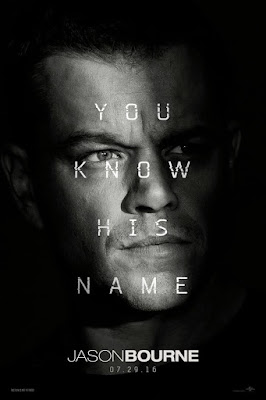What love is depends on where you are in relation to it. Secure in it, it can feel as mundane and necessary as air – you exist within it, almost unnoticing. Deprived of it, it can feel like an obsession; all-consuming, a physical pain. Love is the driver for all great stories: not just romantic love, but the love of parent for child, for family, for country. It is the point before consummation of it that fascinates: what separates you from love, the obstacles that stand in its way. It is usually at those points that love is everything.
Jojo Moyes
Sameness is easy. It’s difference that’s the real challenge. Romance is captivating, but the monotony of busy lives can be deadening. Harmony is mesmerising, but discord and conflict can feel destructive. Many think that love is about always being on the same page with our partner, feeling romantic and living in harmony. Threats to these experiences can feel like obstacles that get in the way of love. But love is as much about the obstacles as it is about the bliss. Love is accepting difference, recovering from conflict and tolerating discord. Fundamentally, love is allowing your partner to be entirely who they are, even when their very being needles you to the core. It is a profound acceptance of the personhood of your lover, while dropping your need for them to be anything different. Yes, it’s a tall order. But who said it was going to be easy?
Aaron Balick
Biologically, love is a powerful neurological condition like hunger or thirst, only more permanent. We talk about love being blind or unconditional, in the sense that we have no control over it. But then, that is not so surprising, since love is basically chemistry. While lust is a temporary passionate sexual desire involving the increased release of chemicals such as testosterone and oestrogen, in true love, or attachment and bonding, the brain can release a whole set of chemicals: pheromones, dopamine, norepinephrine, serotonin, oxytocin and vasopressin. However, from an evolutionary perspective, love can be viewed as a survival tool – a mechanism we have evolved to promote long-term relationships, mutual defence and parental support of children, and to promote feelings of safety and security.
Jim Al-Khalili
























